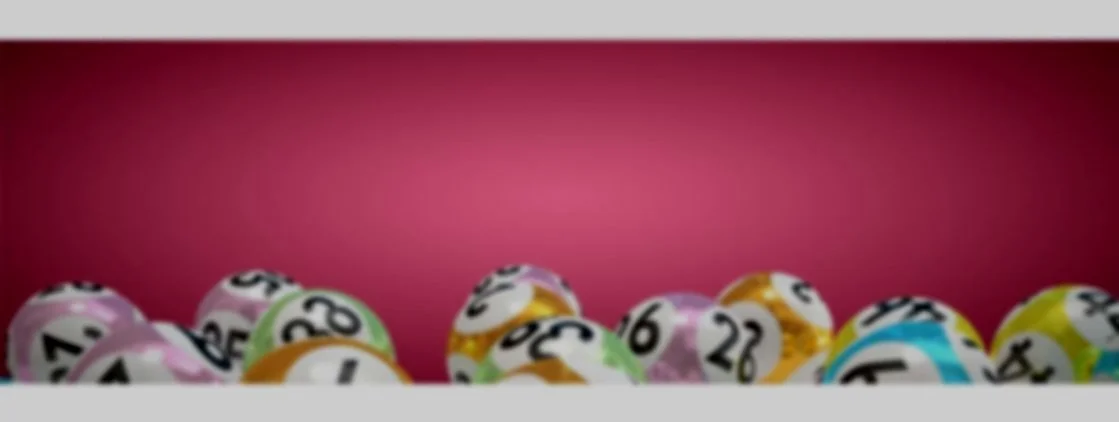Investor Minute
How Federal Reserve Decisions Are Causing Lottery Jackpots to Increase
The chance of winning a billion-dollar Powerball jackpot with a single ticket are mind-numbingly small. The odds are roughly 1 in 302.6 million. Put that into a calculator and you get .0000000033.
By comparison, your chance of being struck by lightning in any given year is 1 in 1.2 million, more than 250 times greater.
Part of the reason jackpots have climbed so high in the past few years is that lottery officials have made it harder to win, increasing the chances that the prize will grow week by week. A bigger jackpot entices more people to play, thus raising the potential payout, and on and on in a virtuous cycle. At least for the entities running the lotteries.
But there’s been another factor pushing up prize amounts. It’s the rise in interest rates caused by the actions of the Federal Reserve.
Felix Salmon, writing for Axios explains. Late last year the Powerball jackpot topped $1.6 billion. If you held the winning ticket, your immediate payout (before taxes) would have been $782 million, a little more than half the advertised amount. To receive the full $1.6 billion you would have had to agree to take the “annuity option,” accepting your payout in installments over 30 years. Salmon notes that winners rarely take this option. The last to do so was in 2014.
Powerball pays for this “annuity” through the purchase of U.S. Treasury bonds. The recent increase in interest rates by the Fed has allowed Powerball to tout higher jackpots, which has in turn prompted more people to play the lottery.
Salmon calls the difference between the advertised jackpot and what you can collect immediately as the “jackpot exaggeration ratio.”
He writes, “The amount by which the headline jackpot size exaggerates the actual amount of money in the prize pool has spiked from 1.2x in April 2020 to more than 2x today.”
Since your chance of winning a billion-dollar payout is so infinitesimally small, your odds essentially don’t change when you buy a ticket. No wonder they say, “Not to be played for investment purposes.”
Put another way, an increasingly common refrain among prudent investors is “The Lottery is just a tax on people who can’t do math.”
However, the connection between lottery jackpots and interest rates does illustrate the interconnected nature of our economy. Cause and effect can often be unexpected. Knowing this, the prudent investor will seek to build a portfolio that is as diverse as possible. Not only does this mitigate risk, but it enables him or her to participate in potential gains from unexpected sectors.
Talk to your trusted advisor about ways you can potentially increase your odds of success as you work toward your investment and retirement goals. We can help. Click this link for a free appointment today.


